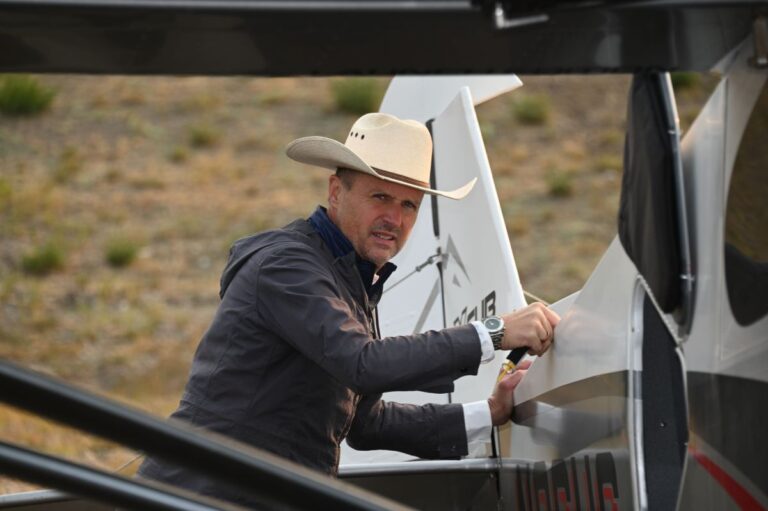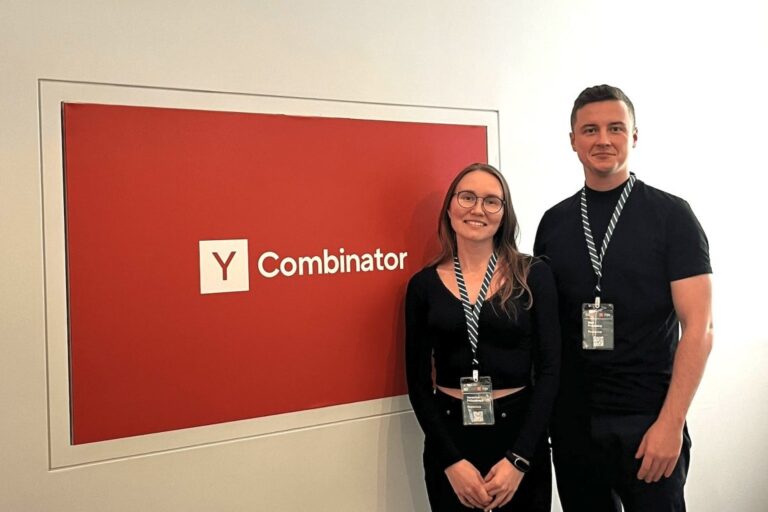AI Concerns: Hugging Face’s Chief Science Officer Warns About ‘Yes-Men’ on Servers
In the evolving landscape of artificial intelligence (AI), the insights of industry leaders can often provoke critical discussions about its future. Thomas Wolf, co-founder and chief science officer of Hugging Face, offers a unique perspective on the current state of AI, emphasizing the need for creativity and innovative problem-solving.
Wolf’s Perspective on AI Development
In a recent essay shared on X, Thomas Wolf expressed his concerns about the trajectory of AI technology. He fears that without significant breakthroughs in AI research, we may end up with systems that merely function as “yes-men on servers.” This limitation prevents AI from engaging in the kind of creative problem-solving typically associated with Nobel Prize winners.
The Misconception of Genius
Wolf argues that many people mistakenly believe that historical figures like Newton and Einstein were simply exceptional students. Instead, he contends that true genius involves the ability to ask novel questions. He stated:
“To create an Einstein in a data center, we don’t just need a system that knows all the answers, but rather one that can ask questions nobody else has thought of or dared to ask.”
Contrasting Views in the AI Community
Wolf’s views contrast sharply with those of other prominent figures in the AI space. For instance, OpenAI CEO Sam Altman previously claimed that “superintelligent” AI could significantly speed up scientific discovery. Similarly, Anthropic CEO Dario Amodei has suggested that AI might play a crucial role in developing cures for various cancers.
The Limitations of Current AI Systems
According to Wolf, the primary issue with current AI technologies is their inability to generate new knowledge. He noted that even with vast access to information, AI primarily serves to fill gaps in human knowledge rather than connecting previously unrelated facts. He stated:
“AI today isn’t incentivized to question and propose ideas that potentially go against its training data, limiting it to answering known questions.”
The Need for a Shift in AI Evaluation
Wolf identifies a so-called “evaluation crisis” within the AI sector, where benchmark tests often consist of questions with clear and straightforward answers. He argues that this creates a narrow scope for AI development.
Proposed Solutions for AI Advancement
To foster a more innovative AI, Wolf suggests that the industry shift its focus towards measuring knowledge and reasoning capabilities. This would involve:
- Encouraging AI to take bold counterfactual approaches.
- Enabling it to make general proposals based on minimal hints.
- Promoting the ability to ask non-obvious questions that could lead to new research directions.
While Wolf admits that defining effective evaluation measures is a challenge, he believes the effort could yield significant rewards. He concludes:
“We don’t need an A+ [AI] student who can answer every question with general knowledge. We need a B student who sees and questions what everyone else missed.”
For more insights on the future of AI and its potential to reshape various fields, visit Hugging Face for further resources and updates.







